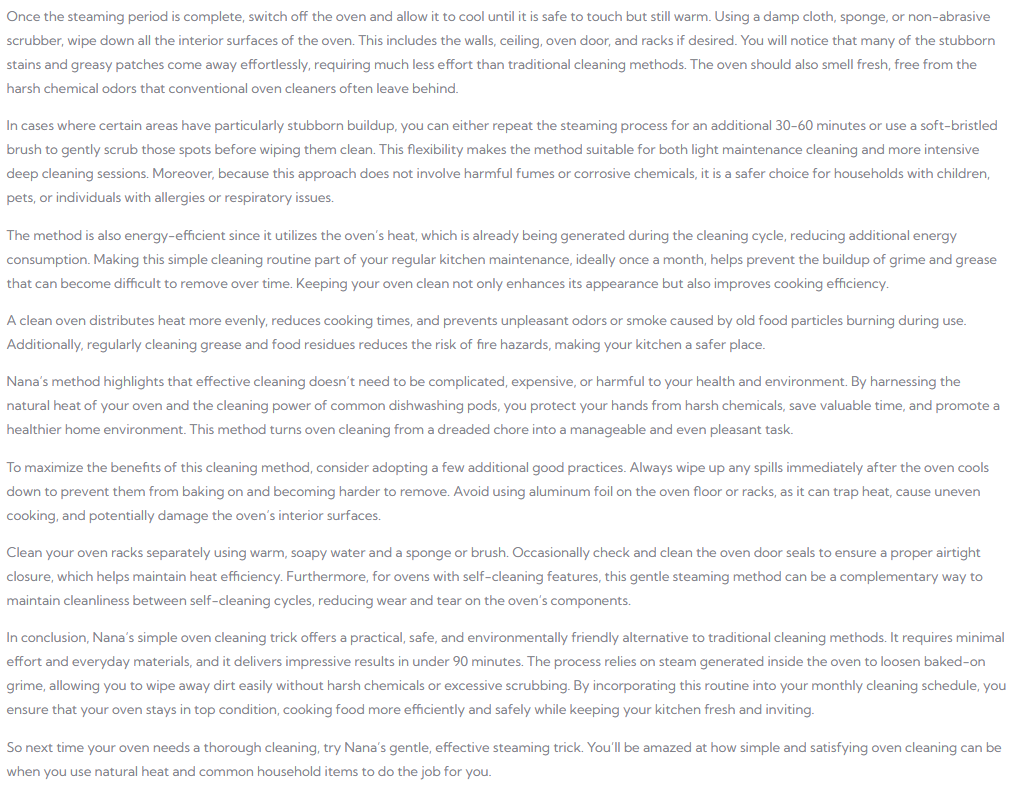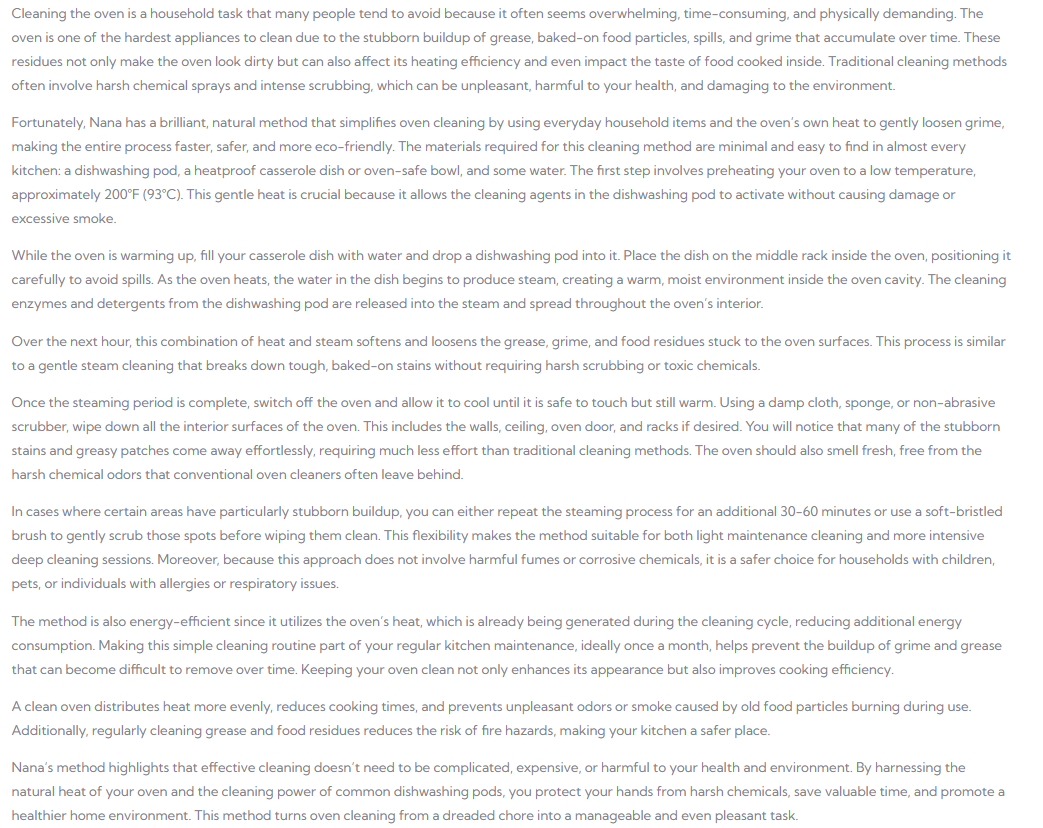Dreams have fascinated humans for centuries. From ancient civilizations that viewed dreams as divine messages to modern psychologists who interpret them as reflections of our inner psyche, one thing is clear: dreams matter. Yet, in the fast pace of daily life, many people dismiss their dreams as random or insignificant. What if, instead of forgetting them, we started paying attention—recording them, revisiting them, and learning from them?
Journaling your dreams can become a transformative practice. Not only does it help with emotional processing, but it can also unleash powerful waves of creativity. Whether you’re an artist, a writer, a problem-solver, or simply someone looking to understand themselves better, keeping a dream journal could become one of your most meaningful habits.




The Emotional Significance of Dreams
Dreams often mirror our emotional states. Even when they appear absurd or surreal, they’re frequently packed with symbolic meaning. These symbols can represent unresolved emotions, deep-seated fears, unexpressed desires, or aspects of ourselves we’re not fully aware of.
For example, a recurring dream of being chased may not be random—it could reflect anxiety, avoidance, or a fear that you’re not facing in your waking life. A dream of flying might suggest a desire for freedom or escape from restrictions. Sometimes, the emotions we suppress during the day find a voice in our dreams.
By journaling these nightly visions, we give ourselves a chance to decode these messages. Writing dreams down encourages us to reflect on their possible meanings and trace them back to our emotional experiences. Over time, patterns emerge. You may begin to notice recurring themes, characters, or situations that point toward deeper emotional truths.
This reflective process helps bring unconscious material into consciousness. Once these hidden thoughts or feelings are acknowledged, they can be worked through more intentionally. Dream journaling becomes a tool for healing—giving the subconscious a voice and allowing the conscious mind to respond with empathy, insight, and care.
The Therapeutic Power of Writing
Writing itself is an act of processing. It slows down thoughts, externalizes emotion, and creates clarity. When you write about your dreams, you’re not just recording them—you’re interacting with them. This active engagement turns vague recollections into vivid stories, and emotional fragments into whole experiences.
Research in psychology supports the therapeutic benefits of expressive writing. It has been shown to reduce stress, boost mood, and even improve physical health. When dreams become the subject of that writing, the benefits are twofold: you not only process emotions through writing, but you also explore the symbolic language of your subconscious mind.
For individuals dealing with grief, trauma, or anxiety, dream journaling can provide unexpected breakthroughs. A dream may offer resolution, comfort, or even confrontation with what needs to be faced. You may dream of a lost loved one, have a symbolic encounter with a personal fear, or find yourself in an empowering situation that provides insight or relief.
By returning to your journal and writing consistently, you build a relationship with your inner world. Over time, this practice fosters emotional resilience, self-compassion, and inner peace.
Igniting the Creative Mind
Beyond emotional insight, dreams are fertile ground for creativity. They defy logic, abandon the rules of space and time, and bring together images, characters, and settings in unexpected ways. Dreams are pure imagination in action.
Many creative individuals—from Salvador Dalí to Mary Shelley—have credited dreams with inspiring their work. Paul McCartney famously said the melody for “Yesterday” came to him in a dream. Whether you’re a painter, novelist, filmmaker, or entrepreneur, your dreams may hold the seed of your next big idea.
By writing your dreams down, you create a repository of inspiration. Even a fragment of a dream—a bizarre image, a strange piece of dialogue, a haunting setting—can serve as the spark for a creative project. Over time, your dream journal becomes a personalized archive of surreal, unfiltered creativity that no brainstorming session or workshop could replicate.
Moreover, the act of recalling and writing dreams exercises your creative muscles. It improves memory, strengthens visualization skills, and encourages thinking outside the box. The more you write, the more vivid and strange your dreams may become, as the mind realizes you’re paying attention.
How to Start a Dream Journaling Practice
Getting started with dream journaling is simple, but consistency is key. Here are some practical steps to help you begin:
1. Keep Your Journal Nearby
Place a notebook and pen next to your bed. This makes it easier to write down dreams as soon as you wake up, when details are freshest.
2. Write Immediately Upon Waking
Even waiting a few minutes can cause dreams to fade. Write whatever you remember—no matter how fragmented or strange. Don’t worry about grammar or spelling.
3. Use Prompts if You Get Stuck
If you don’t remember anything, write about how you felt upon waking, or jot down a single word or image. You can also write, “I don’t remember my dream,” to maintain the habit.
4. Include Emotions and Sensory Details
What were you feeling in the dream? Were there smells, colors, sounds? These details help deepen your connection to the dream and make interpretations easier later on.
5. Revisit and Reflect
Once a week or so, read back through your entries. Look for patterns or recurring themes. Ask yourself what these dreams might be trying to communicate.
6. Stay Non-Judgmental
Dreams can be weird, dark, or confusing. That’s okay. Allow yourself to write honestly without censoring or judging the content. The goal is exploration, not perfection.
Enhancing Dream Recall
If you struggle to remember your dreams, you’re not alone. Dream recall can be improved with a few simple techniques:
- Set the intention before sleep. Tell yourself, “I will remember my dreams,” as you drift off.
- Get enough rest. Dreams often occur in the later stages of sleep. Quality sleep supports vivid dreaming.
- Wake naturally when possible. Alarms can jolt you out of REM sleep and make dreams harder to recall.
- Avoid alcohol or heavy meals late at night. These can disrupt sleep cycles and affect dream recall.
With time and patience, your recall will improve. Dreams will become clearer, more frequent, and richer in detail.
Blending Dream Journaling with Other Creative Practices
Dream journaling doesn’t have to exist in isolation. You can combine it with other forms of creative expression:
- Art journaling: Illustrate scenes or symbols from your dreams.
- Poetry: Transform dream fragments into metaphor-rich poems.
- Storytelling: Use your dreams as the basis for short stories or narratives.
- Meditation: Meditate on powerful dream images or feelings to deepen insight.
By blending dream work with creativity, you not only express yourself more fully but also strengthen your connection to your inner world.
Final Thoughts
Dream journaling is more than just a bedtime ritual. It’s a journey inward—a daily invitation to explore the landscapes of your psyche, uncover hidden emotions, and access untapped creativity. In a world that often demands outward productivity, this inward-facing practice can restore balance, clarity, and self-awareness.
Whether you’re seeking emotional healing, creative inspiration, or a deeper understanding of yourself, your dreams are a resource worth exploring. All it takes is a notebook, a few quiet minutes each morning, and the willingness to listen.



